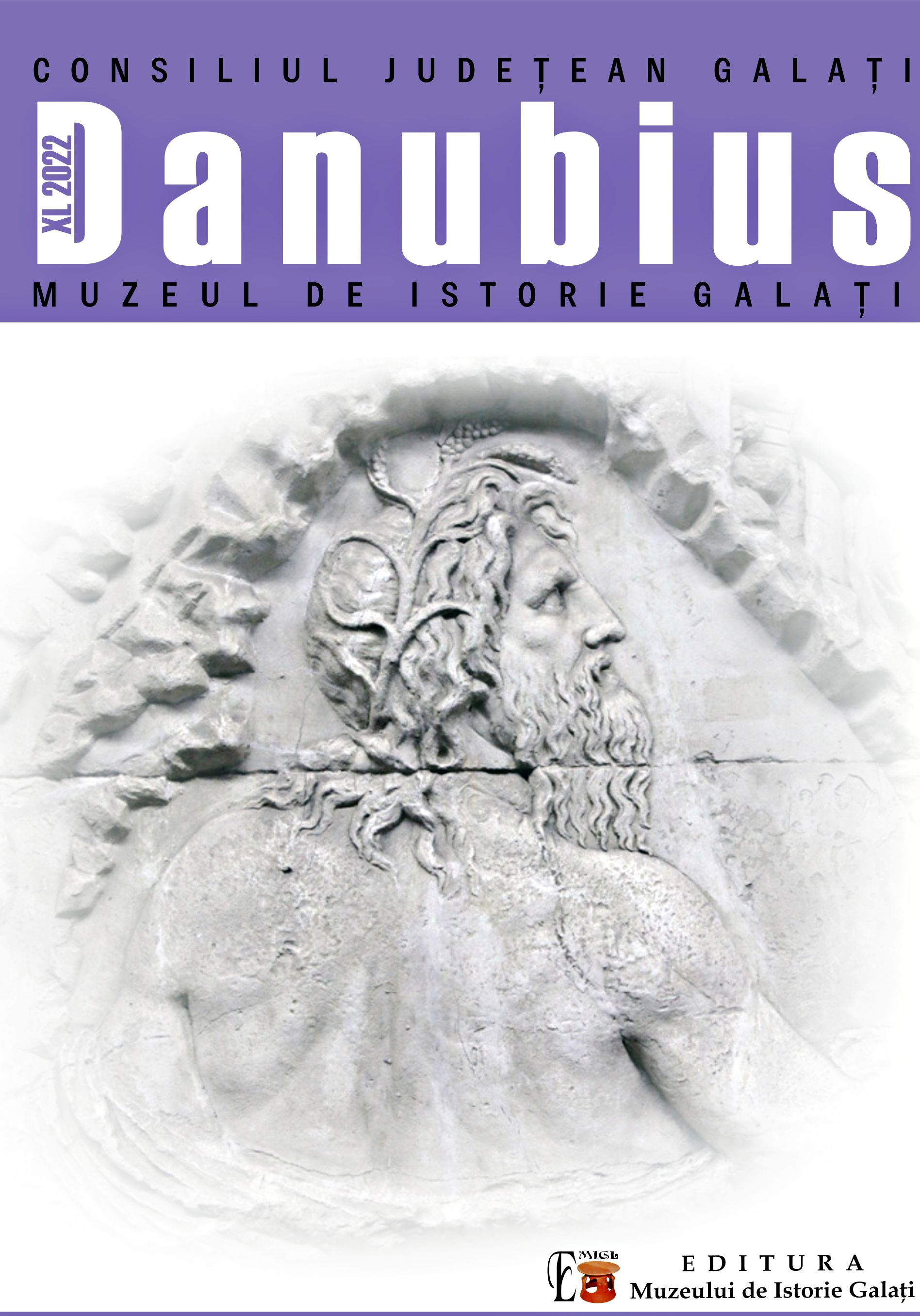"THE SOVIET STATE RELIED ON THE NATION'S ENTHUSIASM AND TRADE UNIONS": WORKERS AND BOLSHEVIKS DURING THE NEW ECONOMIC POLICY (1921-1929)
"THE SOVIET STATE RELIED ON THE NATION'S ENTHUSIASM AND TRADE UNIONS": WORKERS AND BOLSHEVIKS DURING THE NEW ECONOMIC POLICY (1921-1929)
Author(s): Andrey BAKSHEEV, Pavel NOVIKOV, Igor NAUMOV, Yuri PETRUSHIN, Alexey OLEINIKOV, Mikhail RybalkoSubject(s): Economic history, History of Communism
Published by: Muzeul de Istorie „Paul Păltănea” Galaţi
Keywords: the New Economic Policy; the Soviet Union; labor movement; industrial propaganda; trade unions;
Summary/Abstract: The study aims at considering the influence of the New Economic Policy (NEP) on the development of labor movements and trade unions in Russia between 1921 and 1929. The article studies the impact of the NEP of the Soviet state on the development of labor movements and trade unions, the features and types of labor movements, including certain activities of workers. The study uses the historical-genetic, problem-based and chronological approaches, as well as the method of historical modeling. The article reveals the specifics of admission, membership and exclusion of workers from trade unions, as well as the election of trade union commissions, committees and governing bodies. The authors of the article have concluded that the most popular labor movements during the NEP were production collectives of shock workers, shock guilds and brigades, production conferences and the movement of worker-peasant correspondents.
Journal: Danubius
- Issue Year: LX/2022
- Issue No: 1
- Page Range: 41-58
- Page Count: 18
- Language: English

